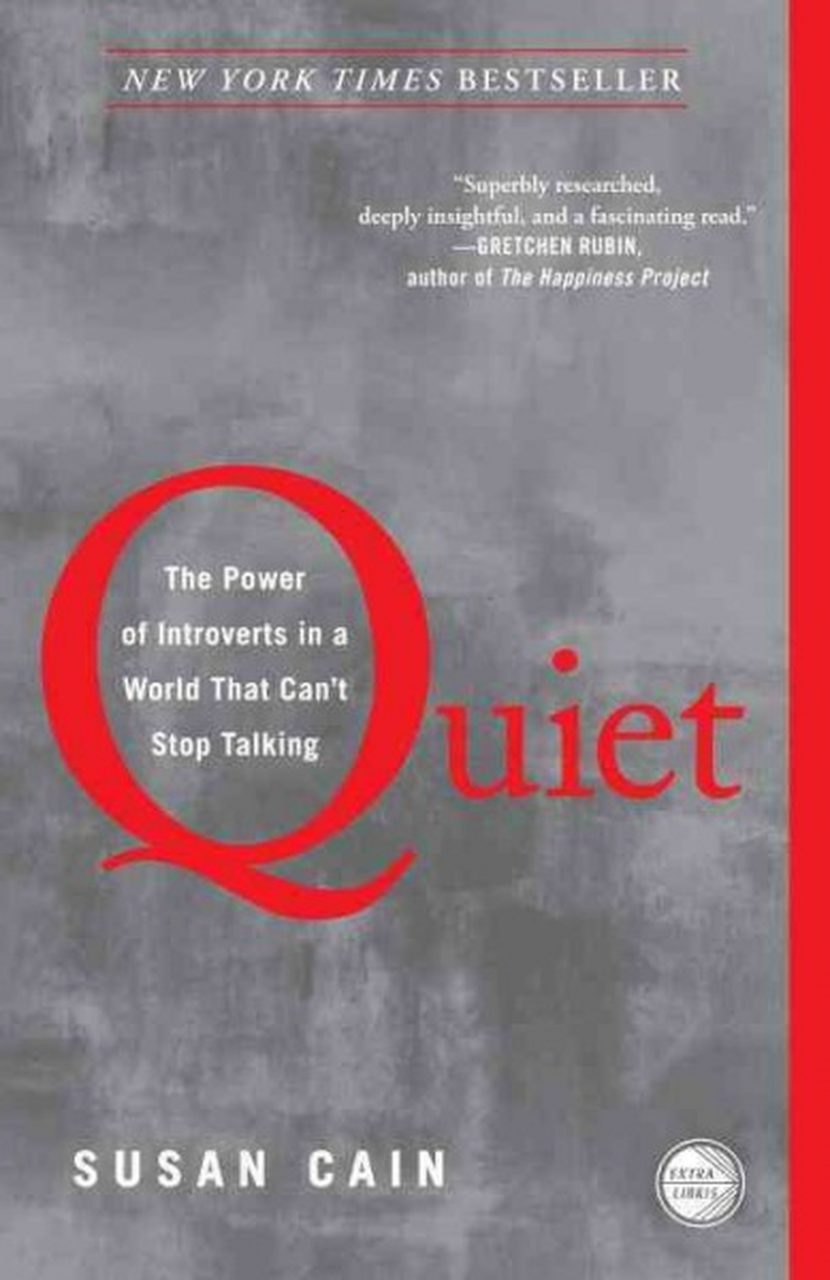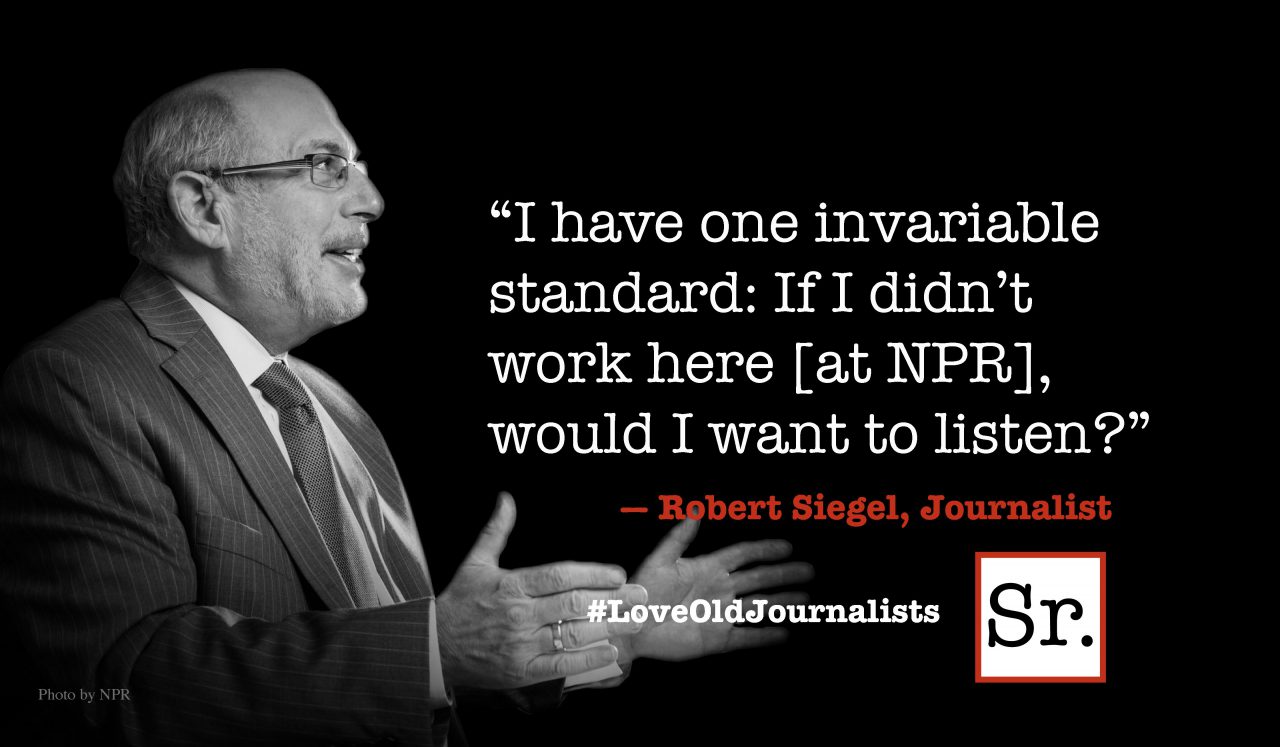Introverts of the world are no doubt grateful to Susan Cain for making their case so effectively. No longer do we need to apologize for ending an overstimulating day by retreating to our favorite chair with a book. It’s the way we are made. After hours of people and activities, we need to restore ourselves.
Cain, an introvert herself, spent seven years researching and writing Quiet: the Power of Introverts in a World That Can’t Stop Talking. She cites numerous early references to introversion, discussions with hundreds of people, and publications of scholars and investigators. That might suggest a tough, slogging read through academic literature. No way! Her book flows in a highly readable way, with sources listed in detailed notes at the end of the book for those who wish to know more.
Another pleasant surprise was her organization of the material, which falls into just four parts. First is the “Extrovert Ideal.” Being a “mighty likable fellow” was advisable a hundred years ago, with Dale Carnegie offering advice on cultivating a winning personality. The next hundred years brought new knowledge on personality differences. But popular salesmanship seminars led by Tony Robbins today still show eager audiences how to Unleash the Power Within – and become not only successful, but rich. The atmosphere at the Harvard Business School encourages extroversion and group effort. But there are those who prefer to work alone rather than collaborate. Einstein described himself as “a horse for a single harness” and declared his need to work alone to attain a goal. Steve Wozniak developed a computer spending early morning and late nights working in solitary while working by day for Hewlett-Packard. Working alone is now accepted as a powerful thing.
One segment of the book describes the Asian-American reaction to the extrovert, providing an interesting cultural contrast with the trait of “soft power.” Cain raises the question: should you act more like an extrovert than you are? And provides tips on relating to members of the opposite type. Perhaps most valuable of all is a blueprint for a thoughtful, nonjudgmental and detailed way of raising children who don’t join in with the gang.
Overall this is a terrific book that sheds light on a major personality difference that many people deal with in a spouse or other family member, employer, or neighbor. It’s enlightening for both ends of the spectrum and combinations in between. It fosters tolerance.









